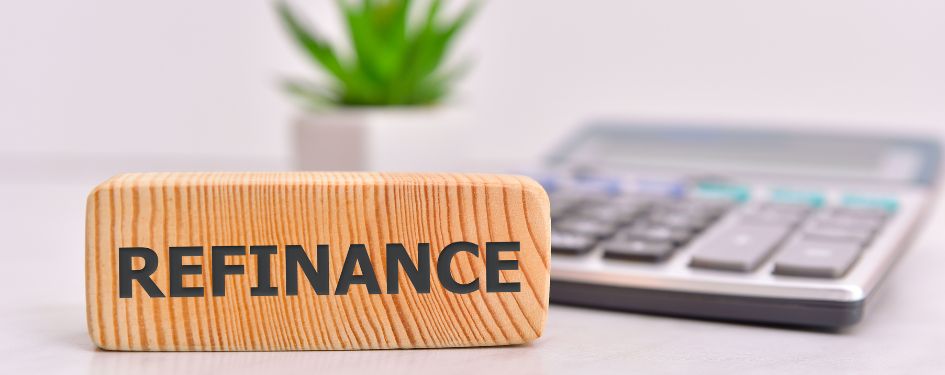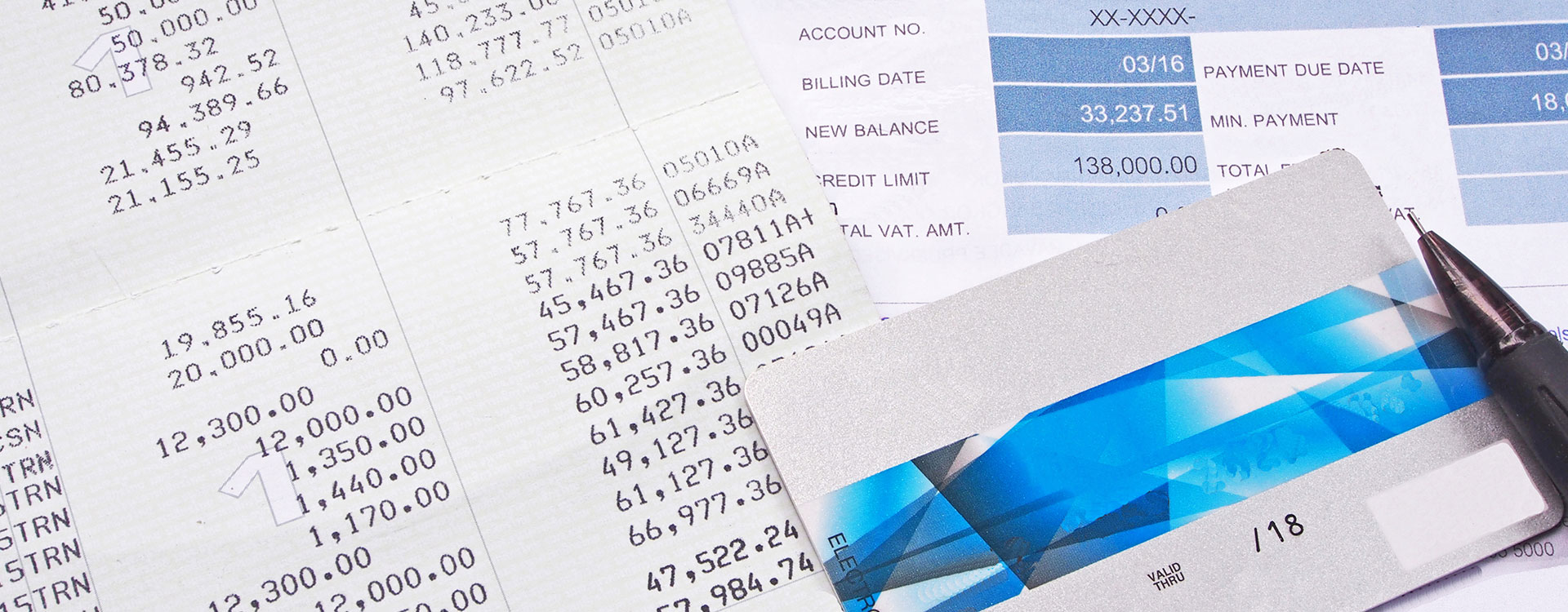Should You Refinance A Personal Loan? Here Are Several Factors To Consider…
Posted on Oct 25, 2023 By: Aaron Sarentino
By replacing an old personal loan with a new one, refinancing allows you to secure better terms and interest rates for debt repayment.
With more and more people taking out personal loans to cover expenses and consolidate debt, the demand for refinancing personal loans has also increased.
If you are struggling to make ends meet due to high-interest rates or unfavorable loan terms, refinancing your personal loan can be a viable solution.
From learning the basics of refinancing personal loans to understanding the process and its potential benefits, this insight offers all the essential information you need to know.
KEY TAKEAWAYS:
- Refinancing personal loans can help you secure better terms and interest rates, allowing for more manageable debt repayment.
- The process may require credit checks and application fees but can potentially save you money in the long run.
- It is important to understand the potential benefits and drawbacks of refinancing before deciding individual circumstances and timely market conditions can play a role.
Why Refinance A Personal Loan?
Before we share how to refinance personal loans, let's first understand why refinancing should be considered. A personal loan that comes with unfavorable terms and high interest rates can significantly affect your financial stability.
By refinancing it with a new one, you get to change the length of repayment or switch to a different type of interest rate (fixed or variable) based on your creditworthiness, which is often reflected in your credit report. This way, you can potentially save money on interest or reduce your monthly payments to make them more manageable.
Additionally, refinancing personal loans can also help you simplify your debt management by bundling multiple loans into one. Another term for this financial strategy is debt consolidation.
For example, let's say you have a debt obligation of $10,000 with a 25% interest rate and another at $5,000 also at a 25% interest rate. By refinancing both debts (with a total of $15,000) into one loan at a lower interest rate of 15%, you can save on interest and pay a lower monthly amount.
However, it is important to note that refinancing may not always be the best option for everyone. Consider your current financial situation and goals before making a decision. Let's explore what specific conditions should be met before refinancing.
Factors To Consider Before Refinancing
Although refinancing a personal loan can seem like an attractive option, there are certain factors to consider before making the decision. Each individual's financial situation is unique, and what works for someone else may not work for you. Here are some key factors to keep in mind before deciding to refinance:
1. Credit Score
Your credit score plays a crucial role in determining the interest rate you will receive when refinancing. If your credit score has improved since taking out the initial loan, you may qualify for a lower interest rate, making refinancing a good option.
As you likely assumed, conversely, if your credit score has decreased, you may end up with a higher interest rate, making refinancing less desirable.
2. Current Interest Rates
It is essential to keep an eye on current interest rates when considering refinancing. If market rates are significantly lower than your existing loan's interest rate, it may be a good time to refinance.
In contrast, if rates have increased, refinancing might not make much sense. This is because you may end up paying a higher interest rate than your initial loan.
3. Loan Balance and Term Length
The remaining balance on your loan and the term length are also essential factors to consider before refinancing. If you have a small remaining balance with a short-term length, refinancing may not save you much money.
With potential fees for refinancing, you may end up paying more rather than saving. It may not be worth the trouble or potential costs if you only have a few payments left on your loan. Extending your term length during a refinance can also result in lower monthly payments, but it could also mean paying more interest over time.
Compound interest can add up quickly, so it's crucial to weigh the potential costs and savings before deciding to refinance.
4. Debt-to-Income Ratio
Another important factor to consider is your debt-to-income ratio. This ratio compares the amount of debt you have to your income and is a significant factor in determining loan eligibility.
If your debt-to-income ratio is high, lenders may be hesitant to offer you a lower interest rate when refinancing. Income increases may help to improve your debt-to-income ratio and make you eligible for better rates down the line.
As you progress in your career or get a raise, keep an eye on your debt-to-income ratio and explore if refinance options could potentially save you money.
5. Lender Options
When looking to refinance a personal loan, it's essential to explore different lender options. Each lender may offer different interest rates, terms, and fees. It's always wise to shop around and compare offers from multiple lenders before making a decision.
This allows you to make an informed decision based on your specific financial needs as well as the lender's reputation and customer service.
Advantages And Disadvantages Of Refinancing A Personal Loan
Now that we've covered the factors to consider when refinancing a personal loan let's end this guide by discussing the advantages and disadvantages of this financial decision.
By serving as a quick summary, this section will help you decide whether refinancing a personal loan is the right choice for you.
The Advantages
Here are some potential benefits of refinancing your personal loan:
Lower Interest Rates - As mentioned earlier, one of the primary reasons people choose to refinance is to secure a lower interest rate. With a lower interest rate, you can save money over time by reducing your overall interest payments.
Lower Monthly Payments - Refinancing can also help you reduce your monthly payments by extending the loan term. If your income has decreased or your expenses have increased, refinancing can help make your loan more manageable.
Simplify Finances - Refinancing allows you to combine multiple loans into one, making it easier to manage your finances and stay organized.
The Disadvantages
While refinancing a personal loan can offer several benefits, there are also potential drawbacks that you should consider:
Fees - Refinancing may come with fees such as origination fees, application fees, and prepayment penalties. Be sure to factor in these costs when deciding if refinancing is worth it.
Longer Repayment Period - Extending the loan term to reduce monthly payments may result in paying more interest over time. This means that you will be in debt for a longer period before fully paying off your loan.
Slight Decrease In Credit Score - Applying for refinancing will result in a hard inquiry on your credit report, which can slightly lower your credit score. However, this decrease is usually temporary and can be quickly improved by making timely payments on your new loan.
How Credit9 Can Help You
At Credit9, we offer loan options that could provide you with the financial solution that works best for you.
Since 2018, Credit9 has provided over $460 Million in loans to over 36,000 of our customers, and we’re confident we can help you too.
For more information about Credit9’s unique debt consolidation services, contact us today to see how we can help you consolidate your debts and receive a free, no-obligation, and fully-customized Credit9 loan solution!
Debt Consolidation Loan




 Clear Language Establishes Trust And Minimizes Anxiety When It Comes To Finances
Clear Language Establishes Trust And Minimizes Anxiety When It Comes To Finances
 The Best Ways To Loan Money To Friends And Family
The Best Ways To Loan Money To Friends And Family
 Why October FAFSA Deadline Could Help Students Make Smarter Choices About Paying For College
Why October FAFSA Deadline Could Help Students Make Smarter Choices About Paying For College